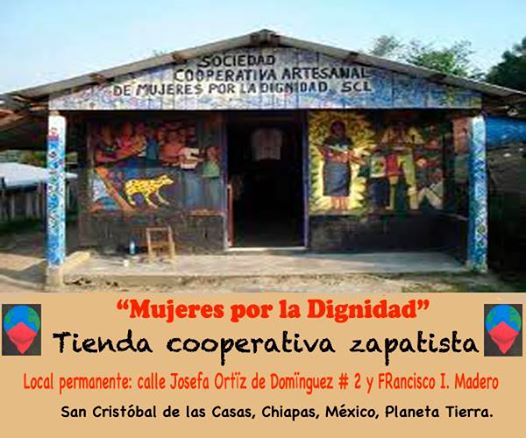This
was a book summary we found on
http://www.fsmitha.com/review/arendt.html and we believe it is a good
starting point on the discussion of how social organization leads to
power, from coexistence with other powers will come conflict, and how
can conflict be managed so power is not lost at the stage where
coexistence of powers is impossible. Also under what conditions can
there be no conflicting powers and therefore avoidance of conflict and
violence. Could comments here start an open and public discussion? In
political circles this subject is systematically overseen and avoided.
______________________________________________________________
On Violence
Author: Hannah Arendt
A Harvest Book, 1970
In Arendt's own words:The end of human action, as distinct from the end products of fabrication, can never be reliably predicted. The means used to achieve political goals are more often than not of greater relevance to the future world than the intended goals.
There are, indeed, few things that are more frightening than the steadily increasing prestige of scientifically minded brain trusters in the councils of government during the last decades [the 1950s and '60s] ... they reckon with the consequences of certain hypothetically assumed constellations without, however, being able to test their hypotheses against actual occurrences.




